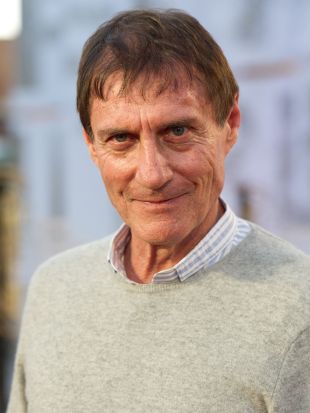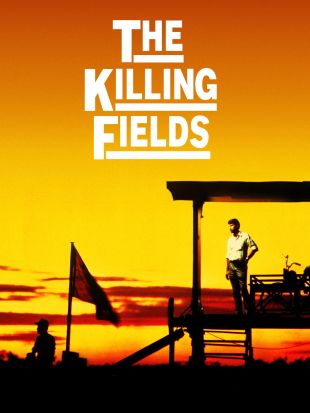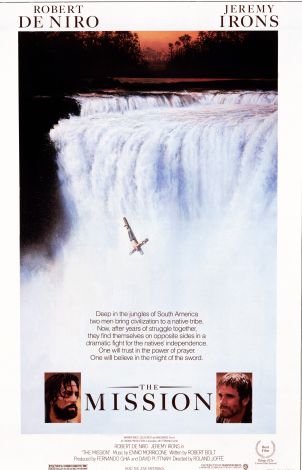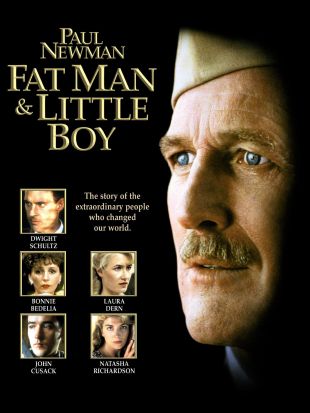Steeped in the traditions of British stage and television, director Roland Joffé has fashioned a career which veers between highbrow, left-leaning historical epics and sexually charged high camp, sometimes within the same film. Born and raised in Manchester, England, Joffé leapt into the theater scene with the Young Vic troupe; after graduating from Manchester University, he found a career with the troupe's counterpart, the aptly named Old Vic. In the late '70s, the director began to dabble in documentary and dramatic television. The journalistic style he developed on the small screen would brilliantly inform his feature debut, The Killing Fields, in 1984. Based upon true accounts of Cambodia's bloody Kahmer Rouge takeover in the mid-'70s, the politically charged film managed to connect with both critics and audiences, winning Academy awards for cinematography, editing, and Best Supporting Actor (the latter for Dr. Haing S. Ngor, who had experienced the injustices of Cambodia firsthand). Joffé followed up on his auspicious debut with The Mission (1986), a tragic story of two disparate but equally disastrous attempts to settle 18th century Latin America. Though the picture got a positive-to-mixed reception from critics, it garnered a boatload of Academy award nominations as well as the Golden Palm at the Cannes Film Festival.
The director's output since The Mission has been wildly varied in tone and quality. The high-minded, thinly conceived, and unfortunately titled Fat Man and Little Boy was notable only for having the first "grown-up" performance from former teen star John Cusack. 1992's film adaptation of Dominique Lapierre's novel City of Joy seemed a return to form, as it touched upon many of the director's pet themes: culture clashes, the sometimes-disillusioning effects of altruism, and the splendor of nature. While many critics admired Joffé's effort (and the lead performance of an against-type Patrick Swayze), the Calcutta-set film went largely ignored by moviegoers. Unfortunately, Joffé would be far from ignored -- at least by critics -- when he unleashed his "freely adapted" (read "sexed-up") version of The Scarlet Letter on the public in 1995. Garnering an orgy of guffaws from the press ("It makes Hester's secret seem more like Victoria's," wrote Richard Corliss in Time), the flop almost single-handedly destroyed Demi Moore's career.
In 1999, Joffé meekly emerged from his own Hester Prynne-like exile to attempt a hip, youthful neo-noir, Goodbye Lover. As star-studded as it was convoluted, the film (which had languished on Warner Bros.' shelf for some time) received the briefest of releases before its appearance on cable television. Perhaps in a further bid for the coveted youth market, the 54-year-old director also decided that same year to lend his name as executive producer to the MTV network's vapidly explicit teen soap opera Undressed. The one-two punch of Undressed and Lover prompted many to opine that the once-prestigious Joffé had "lost his way."
Those fears were assuaged -- at least thematically -- when the director's lavish costume drama Vatel was chosen to open the 2000 Cannes Film Festival. Starring Gérard Depardieu as the legendary French chef chosen to serve King Louis XIV, the Tom Stoppard-penned film was prepped for a high-profile domestic release that Christmas.



